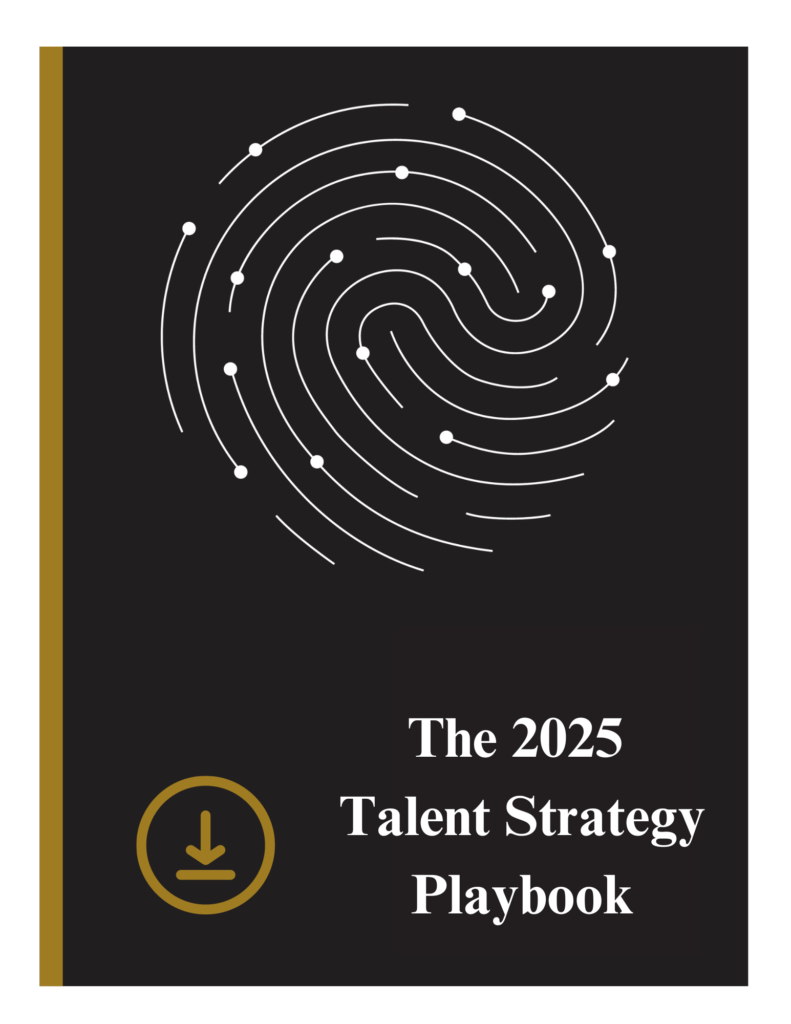Delegation in Management
You know that feeling of, “This is my project. I need to do it, so that it’s done correctly!”? Then comes four other projects that are all high priority. You have a qualified team that you hired; it’s time to put the trust in your team and delegate some tasks.
Why Delegate?
As a leader, you shouldn’t be doing everything yourself. When you delegate, not only are you empowering your team, but you’re also helping the team develop new skills, gain experience, and prepare them for the future. Delegating isn’t just passing off work to someone else. It’s making your workload manageable.
What to delegate?
Choose the tasks that are small, but really add up over time. Choose the tasks that are time-consuming but can help a team member grow. Choose the tasks that are easily teachable. Last, but not least, choose that tasks that you are, quite frankly, terrible at. If there is someone more equipped to do the work in a timely fashion and do it well, that would be a wise task to delegate.
How to choose the right person for the job.
At W Talent Solutions, we utilize Predictive Index within our own internal processes and to help clients optimize their talent and recruit the best fit for the role. This tool measures behavioral drives and cognitive abilities. We use this to help our clients place candidates in positions that they are naturally hardwired for. The tool can show us how two teammates can work more effectively together, what an employee’s individual preferences are and understand the needs of a specific role, project, or business strategy.
When you know your employees’ natural hardwiring, this can help you delegate tasks.
After you choose the best person for the job, make sure you set them up for success. Explain why you’re delegating, why you chose them, provide instructions, resources, and training, and be available for feedback.
If you delegate well, you’re providing your team with professional development, empowering your team to grow, and giving your team a clear sign that you trust and respect their abilities. Employees who feel they are trusted will give a higher level of commitment to their work and their organization.
It’s a win-win.



















